Search

News & Events
Parents’ top tips for managing their kids’ device useHave you ever wondered how other parents manage their kids’ device use? As part of a survey for our Cyber Savvy Project, The Kids researchers asked a group of parents for their top tips regarding their child's use of devices.
Research
Language DevelopmentLanguage is one of the most remarkable developmental accomplishments of early childhood. Language connects us with others and is an essential tool for literacy, education, employment and lifelong learning.
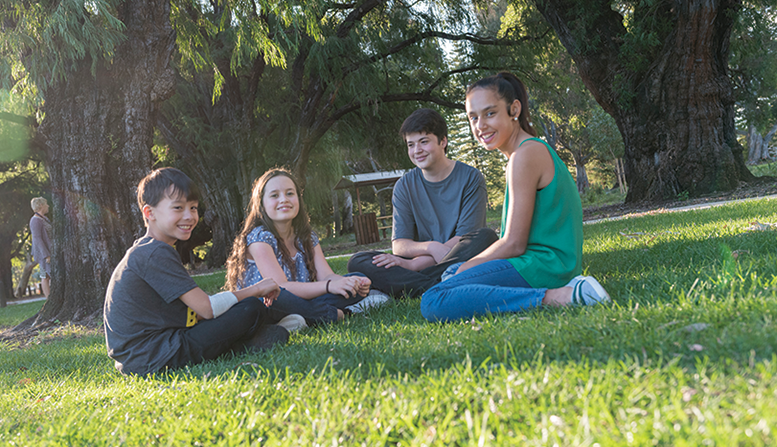
News & Events
Young ambassadors keep researchers on their toesFlat out trying hard to keep up with the ever-changing threats from cyberbullying, The Kids Research Institute Australia counts itself fortunate to have youth on its side.
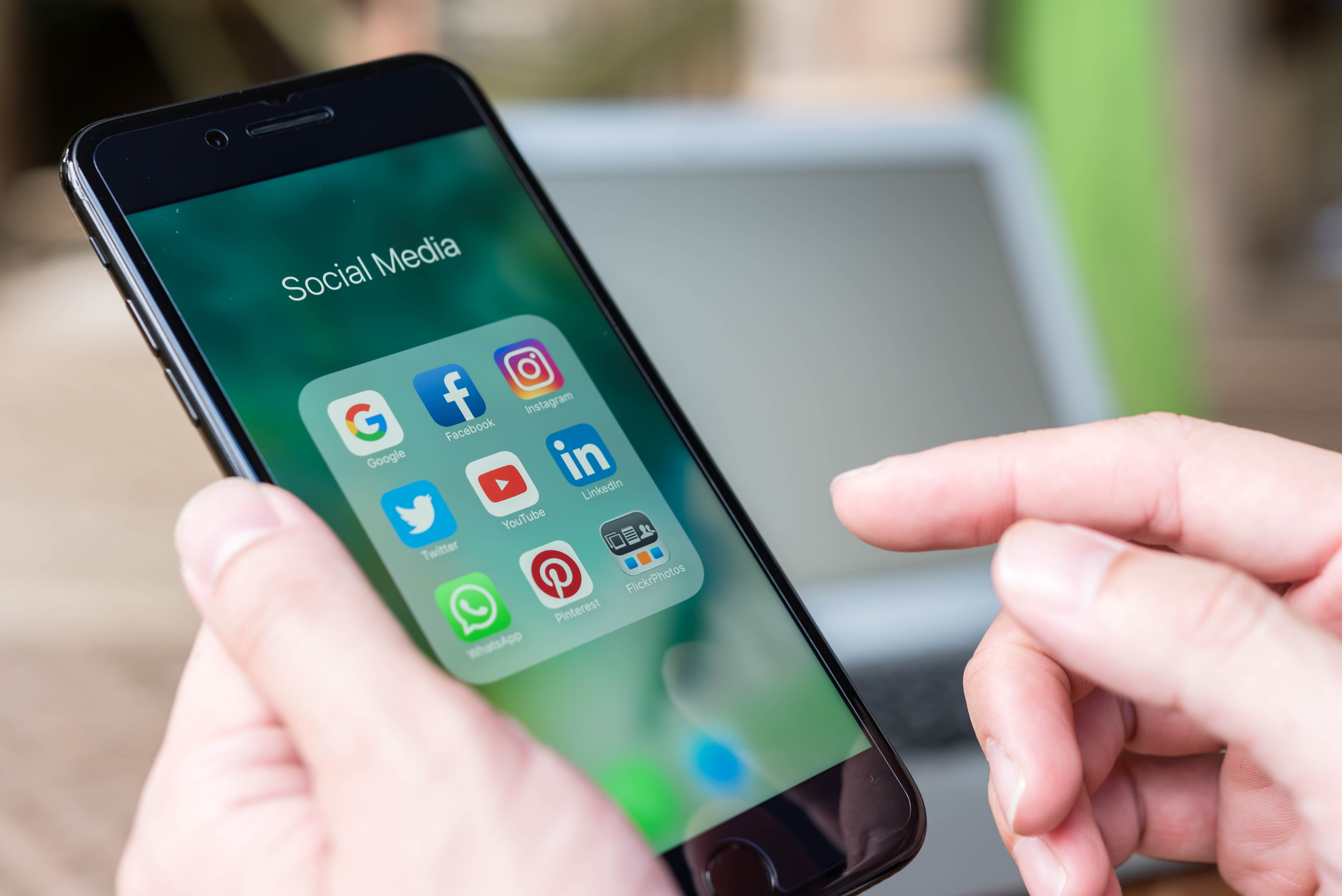
News & Events
Setting smart phone rulesMobile phones are an important part of diabetes management but its also important to set some family rules for your child's technology use.

We rely on the support of donors & fundraisers to be able to conduct the life changing pediatric research we do on a day-to-day basis. Will you help?
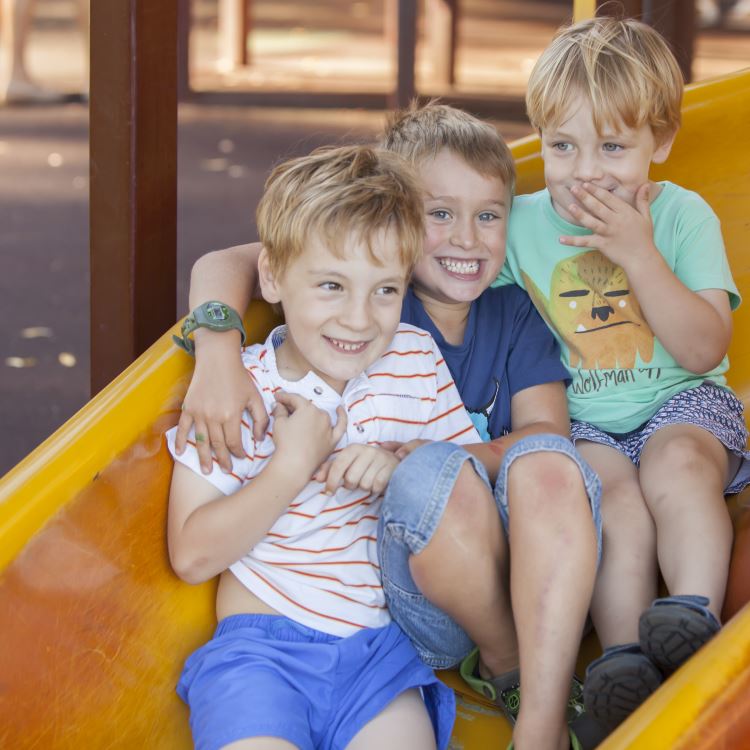
News & Events
Kids who attend playgroup do better at schoolNew research by The Kids Research Institute Australia has found children who attend playgroups achieve better early primary school outcomes.
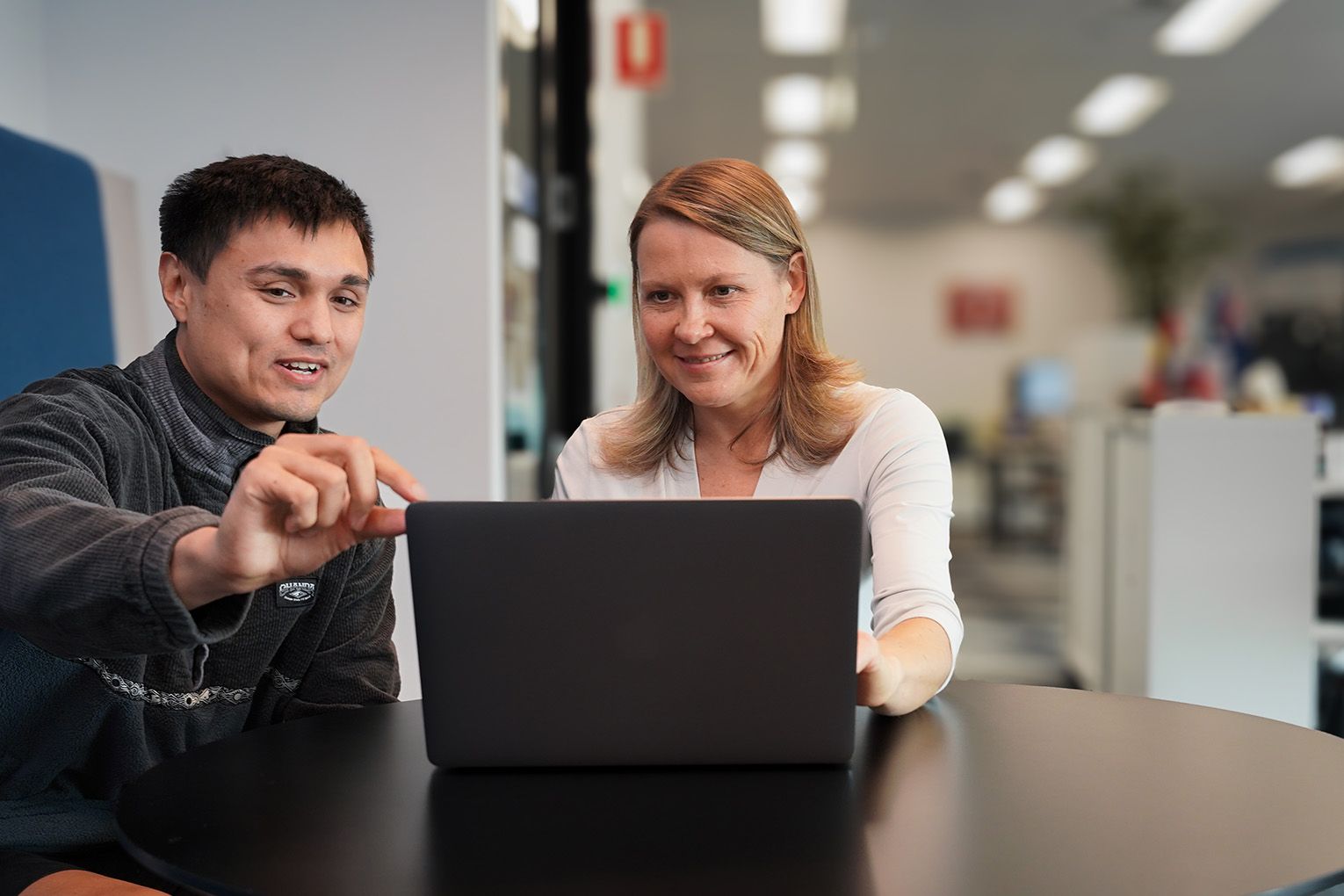
News & Events
New funding to accelerate AI personalised phage therapiesWal-yan researchers have been awarded $500,000 for their innovative research, supported by the Western Australian Government’s Future Health Medical Research and Innovation (FHRI) Fund.
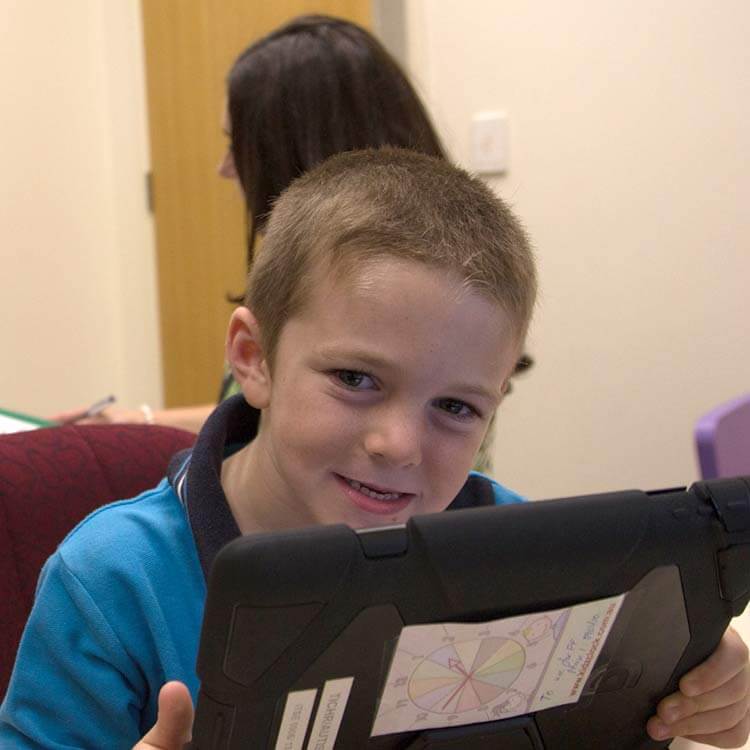
Research
Multigenerational Familial and Environmental Risk for Autism (MINERvA) NetworkThe MINERvA Network will allow more accurate and precise determination of the contributions of familial and environmental factors to the etiology of autism.
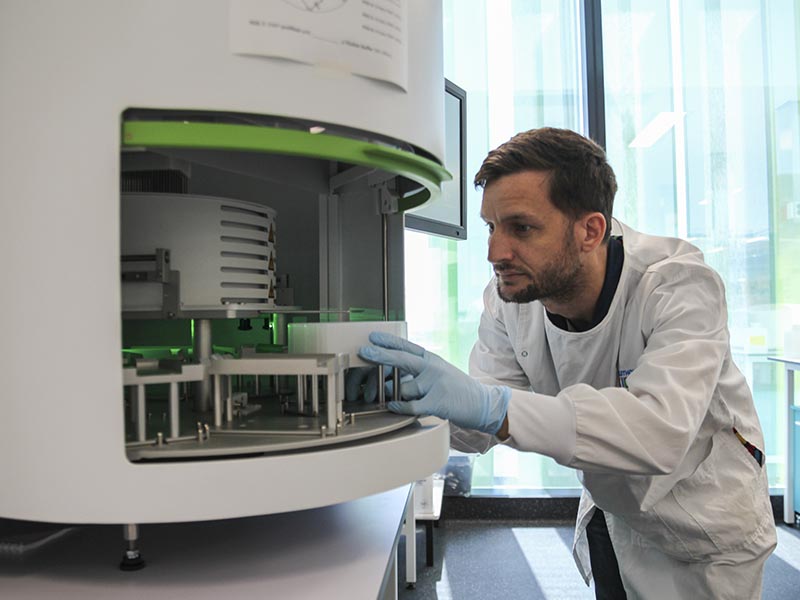
BioSpecs is a flexible service that supports laboratory research by providing expert technical assistance in pre-analytical sample processing and nucleic acid extractions.
Research
WA Aboriginal Health Knowledge NetworkA Network comprised of four regional sites to facilitate key medical, research and training activities undertaken in partnership with Aboriginal communities.
